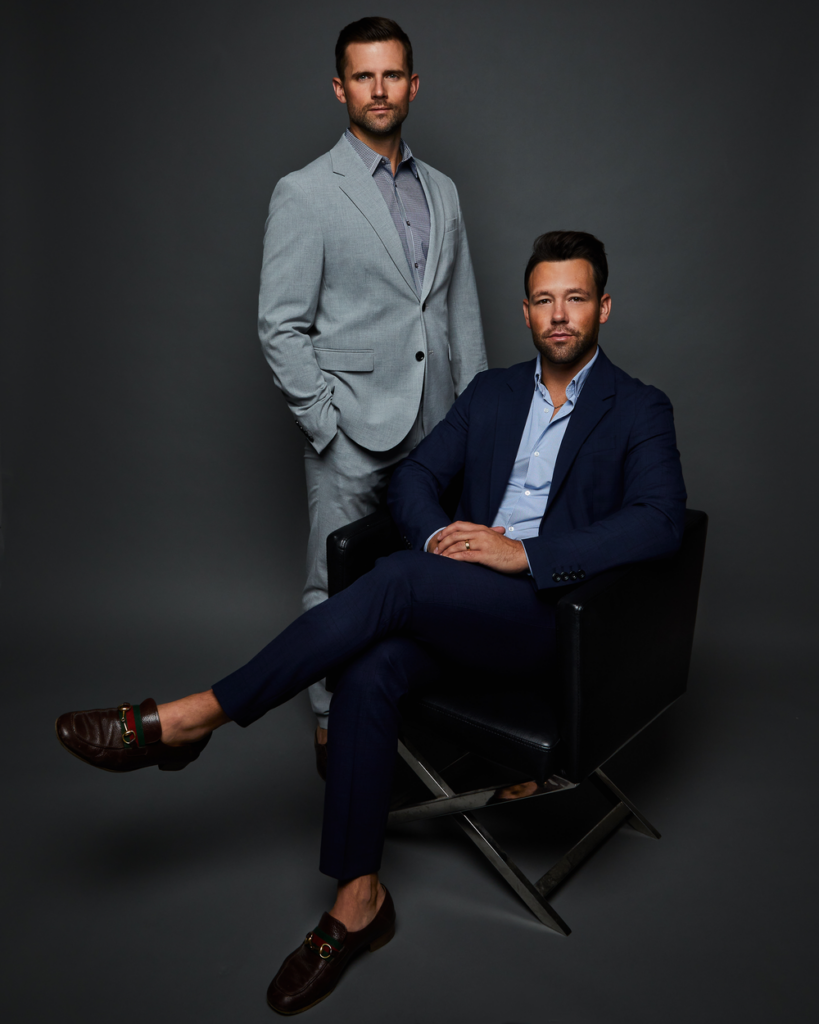There comes a time in every parent’s life when they’re asked the question. You know, THE question: “Where did I come from?”
Think of it as a right of passage that every parent must go through.
It’s never easy to explain the birds and the bees to your child, but adding an egg donor and surrogate into the discussion makes the conversation seem especially overwhelming.
Don’t fret. We’re here to help. Here’s how you can help your child understand and feel proud of where they came from.
To Tell or Not to Tell about Surrogacy
We get it. Some parents want to keep their child in the dark about how they were conceived. They want their child to feel “normal,” just like all the other kids. But we would suggest being as honest and straightforward as possible from early on.
Here’s the thing: children are smart and curious. They will ask questions. Here are the reasons why you should be open about your child’s history:
Hiding the Truth about Surrogacy is Difficult
When a child is a toddler, you can tell them whatever you want, and they will believe you. But as the child grows, it will take more and more effort to keep them from finding out the truth. Do you want to ask family and friends to participate in a lifelong charade?
The reality is, the truth will come out eventually. This will lead to trust issues and could cause the child to feel traumatized if they find out their world is entirely different than they were lead to believe.
A Confused Sense of Identity
Every human needs to feel safe and have a sense of belonging. The family can fulfill this essential need. If a child looks different or has different traits than his parents, he may start to question where he belongs.
Parents must approach this topic openly and with love. If a child feels they’re loved and accepted — no matter what — they will feel safe regardless of how they look or how they were conceived.
Important Medical Information
We live in a fantastic time where genetic information is widely available for anyone who seeks it. Every person has the right to know their genetic background and their family’s medical history.
The risk of inaccurate medical data can do great harm to the child if they ever needed medical treatment.
Where to Start?
Now that we’ve established that you should tell your child about how they were conceived, the question soon becomes, how? Here are a few tips:
Choose the Right Time
Timing is key. The right time is not when they’re preoccupied with an activity or in a large group where the child could become embarrassed.
Wait until the child asks a question, or you’re alone having bonding time with that child. Find a quiet place where the child won’t be distracted. You’ll want to make sure the child feels safe and secure while being able to listen.
Use Appropriate Language
Children need complex issues explained to them in simple terms. Leave out phrases like In-vitro fertilization and infertility. Use easy-to-understand terminology.
Of course, as the child gets older, they will be able to understand more and more. But to begin with, start with the very basics.
Listen and Answer Questions
Your child will have questions
Let me repeat that: Your child will have questions.
Be willing to listen and answer questions they have. Remember, this is about them and how they fit into their own family. They may not completely understand what an egg donor or surrogate is, but at the end of the day, they need to feel special and loved.
Assure them that they’re just like any other kid. They have a lot of people who love them and who worked hard so they could be here.
Continue the Dialogue
Do not take a one-and-done approach when it comes to explaining to your child how they were conceived. It will take many conversations over many years for your child to fully comprehend how they came to be.
Whenever your child seems curious or starts to ask questions, explain to them again how your family was built. Repeat declarations of love for your child will lead to greater self-confidence and a firmer understanding of their own belonging.
Be Proud of their Story
The stories of intended parents and egg donors are amazing and beautiful.
Think about it: Intended parents yearning for family and searching high and low for the perfect egg donor; an egg donor who wants to help a family in need.
Then with a little bit of help, they find each other and create the miracle of a new baby.
It’s the most beautiful form of conception we can think of and one every family should be proud of.

